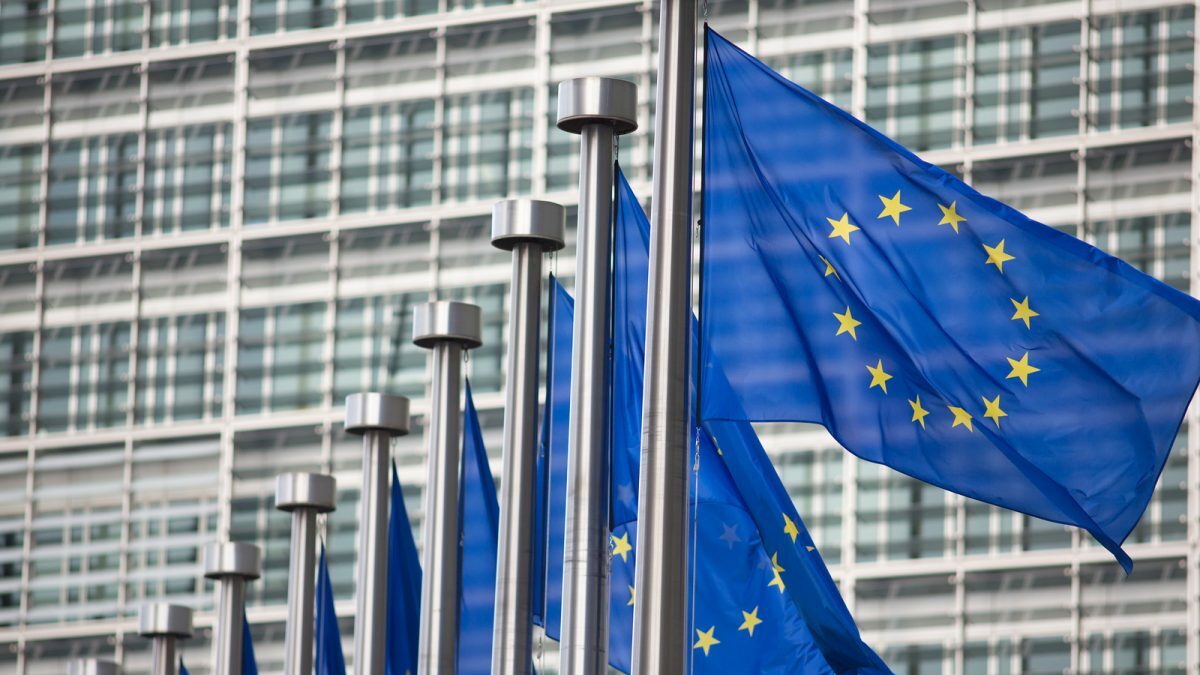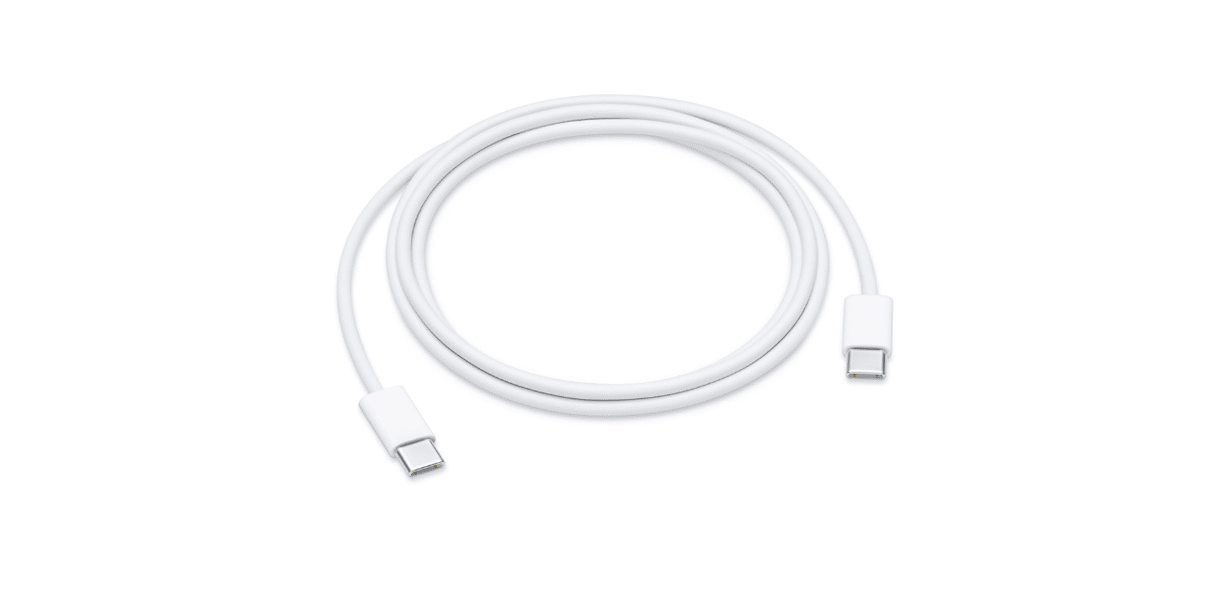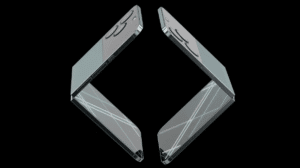The European Union is taking measures to ensure that Apple will not impose restrictions on charging and data transfer rates via USB-C for the upcoming iPhone models.
Apple is currently working on adding USB-C accessories to its Made for iPhone (MFi) program, which certifies products that meet quality standards. However, rumors surfaced that Apple may throttle charging and data transfer speeds for non-certified USB-C cables, prompting the EU to take action.

EU pre-emptively warns Apple of an iPhone ban even before the launch of USB-C iPhone
As reported by Die Zeit, EU Industry Commissioner Thierry Breton wrote a letter to Apple stating that charging restrictions are unacceptable. Breton warned that the EU would prevent iPhones from being sold in member countries if such limitations are imposed. The Commission reminded Apple of this in March, and Anna Cavazzini, who chairs the EU Parliament’s Internal Market Committee, accused Apple of trying to circumvent EU regulations.
To ensure uniform interpretation of legislation, the EU intends to publish a guide before the end of the year. By 2024, all electronic devices such as smartphones and tablets must charge via USB-C. The EU Council finalized the common charger regulation in October 2022, mandating the use of USB-C ports to enable chargers to be used with multiple devices, reducing electronic waste and enhancing convenience for consumers.

It is uncertain whether the iPhone 15 models will include a USB-C port as Apple is not required to comply with the EU regulation until after 2024. Although the deadline for changes to local laws to comply with regulations is December 28, 2023, member states are not obligated to enforce these laws until December 28, 2024.
The iPhone 16, set for release in the fall of 2024 according to Apple’s product schedule, may also not include a USB-C port.
Starting with the iPhone 17, set for release in 2025, all iPhones must have a USB-C port to comply with EU regulations. Apple’s addition of USB-C accessories to its MFi program is a step in the right direction, but it is crucial to ensure that regulations are followed to ensure uniformity in the charging process.
Overall, the EU’s efforts to standardize charging for electronic devices are a step towards greater convenience for consumers and reducing electronic waste. It is a welcome move toward ensuring that manufacturers comply with regulations, and it will be interesting to see how other manufacturers respond to this push toward standardization in the future.



